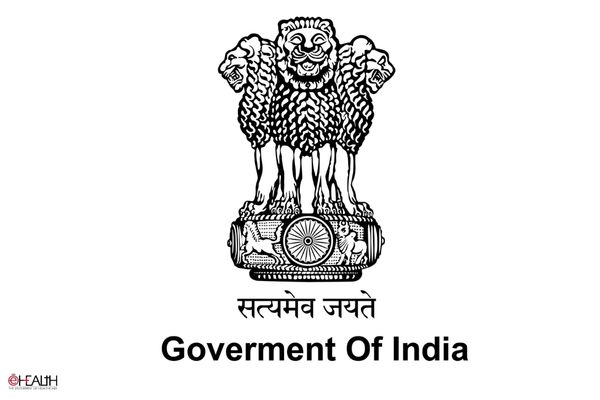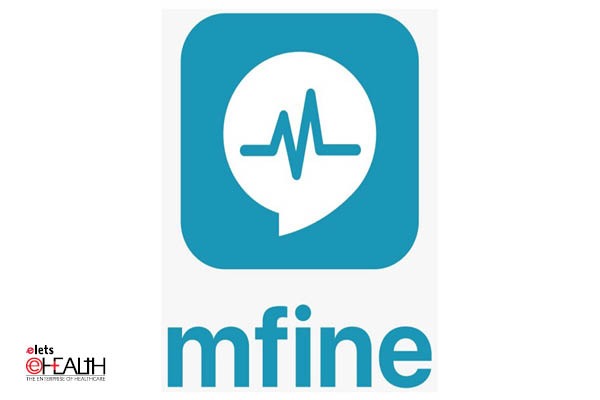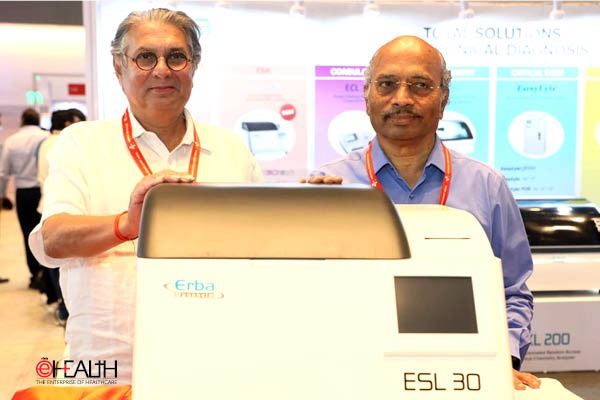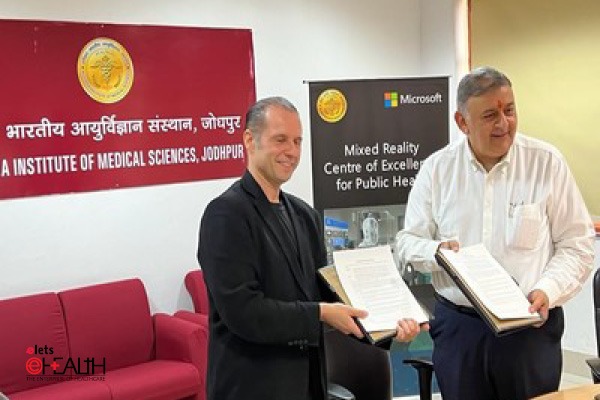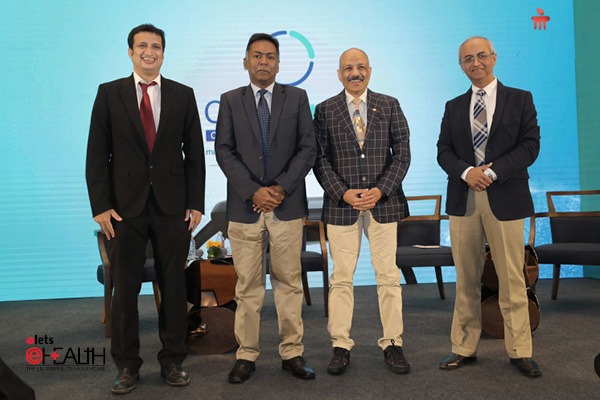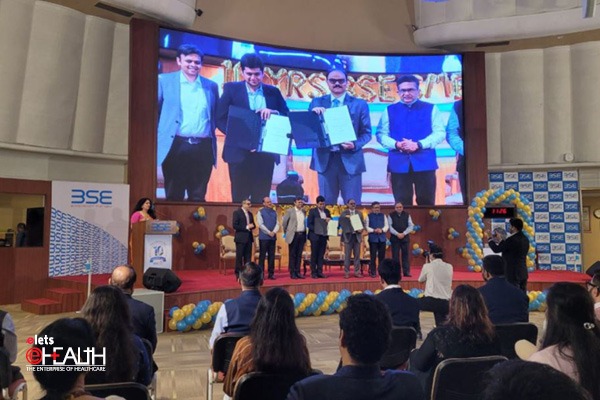eHealth BureauIn a continual commitment to patient care and radiation reduction in computed tomography (CT), Siemens Healthcare has launched SIERRA (Siemens Radiation Reduction Alliance) and has established an expert panel to advance the cause of dose reduction in CT. The new Low Dose Expert Panel includes 15 specialists in radiology, cardiology and physics, who are internationally recognized for their publications on the subject of CT dose.The panel’s objective is to generate proposals for how manufacturers may continue to develop their technology and to help users better adapt their procedures in order to bring about further dose reduction in CT. One of the most important suggestions from the first meeting of the Low Dose Expert Panel in May concerns methods to increase utilization in clinical practice of the many CT dose reduction technologies that are already available.”Our aim as a leading innovator in the field of computed tomography is to reduce radiation exposure for all typical CT examinations below 2 mSv, which is as low as the average annual dose due to naturally occurring background radiation. We are committed to doing everything we can to help our customers reduce doses in CT without compromising the diagnostic quality of the examination in any way,” said Sami Atiya, PhD, CEO, Computed Tomography, Siemens Healthcare. “With this in mind, we want to work with experts to develop concrete proposals on dose reduction and, therefore, launched Siemens Radiation Reduction Alliance, SIERRA,” he added.Excellent image quality is vital in CT, but it is also important to keep the patient’s radiation exposure as low as possible. Siemens Healthcare has already introduced a wide range of measures to help its customers consistently achieve this goal. Now, Siemens wants to take on a more active role in this field and has convened a panel of experts expressly to develop new ideas for dose reduction in CT.”One of our hopes for the Low Dose Expert Panel is that it will be able to generate concrete proposals as to how we might integrate existing technologies for dose reduction more effectively into clinical practice. Producing recommendations to guide manufacturers in their development of new innovations for dose reduction is another important goal for this panel,” Atiya explained.To establish a baseline of dose levels for the ten most commonly performed CT exams, the group agreed to establish and contribute to an international, multi-institutional dose registry. As a next step the values obtained can help to establish reference doses, with the potential to dramatically lower radiation exposure in clinical practice.The participating renowned institutions will share their CT scan protocols for the 10 most commonly performed examinations on a central Web site as a first step to promote best practice sharing in the field.Siemens will develop a dedicated low dose educational program in close collaboration with the involved institutions. Trainers specializing in dose reduction technology will be available to work with customers to train personnel, optimize scan protocols and implement dose reduction procedures.The Low Dose Expert Panel will meet twice a year to discuss new ideas and investigate whether measures already agreed upon are having a positive impact. Siemens intends to use the discussions to spur the development of new features for its CT scanners and new training programs for its customers.

Be a part of Elets Collaborative Initiatives. Join Us for Upcoming Events and explore business opportunities. Like us on Facebook , connect with us on LinkedIn and follow us on Twitter , Instagram.



